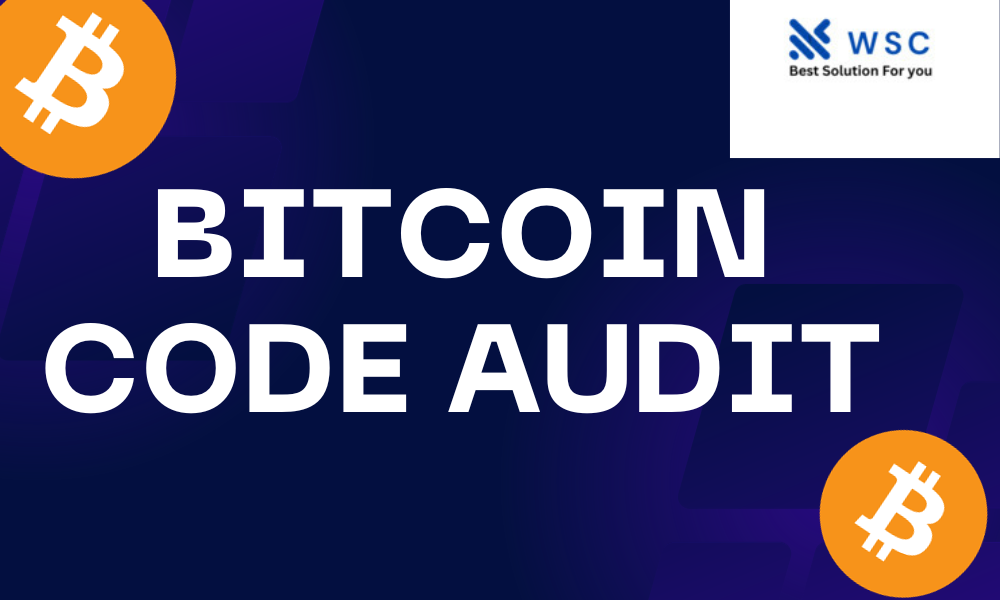Auditing Bitcoin code and proposing improvements is a complex task that requires a deep understanding of both the Bitcoin protocol and software development practices. Here is a general guide to help you get started:
Prerequisites:
- Programming Skills:
- Proficiency in C++ is essential as Bitcoin is primarily written in C++. Familiarize yourself with the codebase, coding conventions, and common patterns.
- Understanding Bitcoin Protocol:
- Gain a solid understanding of the Bitcoin protocol. Read the Bitcoin whitepaper by Satoshi Nakamoto and study the Bitcoin Improvement Proposals (BIPs) to understand proposed changes.
- Version Control:
- Learn how to use Git and understand the Bitcoin repository on GitHub. This is crucial for tracking changes and collaborating with other developers.
Steps to Audit Bitcoin Code:
- Code Review:
- Begin by reviewing the existing codebase. Pay attention to the critical components like consensus rules, networking, and wallet functionality.
- Security Auditing:
- Focus on security-related aspects. Look for potential vulnerabilities, such as buffer overflows, improper input validation, or other common security issues.
- Consensus Rules:
- Understand and review the consensus rules. Any changes to these rules should be thoroughly analyzed as they can impact the entire network.
- Peer-to-Peer Networking:
- Examine the networking code to ensure the proper handling of messages, connection management, and protection against potential attacks like eclipse attacks.
- Wallet Functionality:
- Review the wallet code for secure key management, transaction creation, and signing. Ensure that private keys are handled with the utmost care.
- Code Style and Documentation:
- Ensure that the code adheres to established coding standards. Proper comments and documentation are crucial for making the code understandable and maintainable.
Proposing Improvements:
- Identify Areas for Improvement:
- After the audit, pinpoint specific areas that need improvement. This could include enhancing performance, optimizing code, or addressing potential security vulnerabilities.
- Follow Bitcoin Development Process:
- Familiarize yourself with the Bitcoin Improvement Proposal (BIP) process. Any proposed changes should follow this process, including creating a BIP and submitting a pull request.
- Engage with the Community:
- Discuss your proposed improvements with the Bitcoin development community. Engage in relevant forums, mailing lists, or IRC channels to get feedback and guidance.
- Testing:
- Provide comprehensive tests for your proposed changes. This ensures that your improvements don’t introduce new issues and that they are compatible with the existing codebase.
- Iterative Development:
- Be prepared for an iterative development process. Your proposals may undergo several revisions based on community feedback and code reviews.
- Documentation:
- Update relevant documentation to reflect your changes. Clear and accurate documentation is crucial for other developers and users of the Bitcoin software.
Remember, contributing to Bitcoin is a collaborative process, and open communication with the community is key. Be patient and open to feedback, and continuously refine your proposed improvements based on the input you receive.
Check our tools website Word count
Check our tools website check More tutorial




